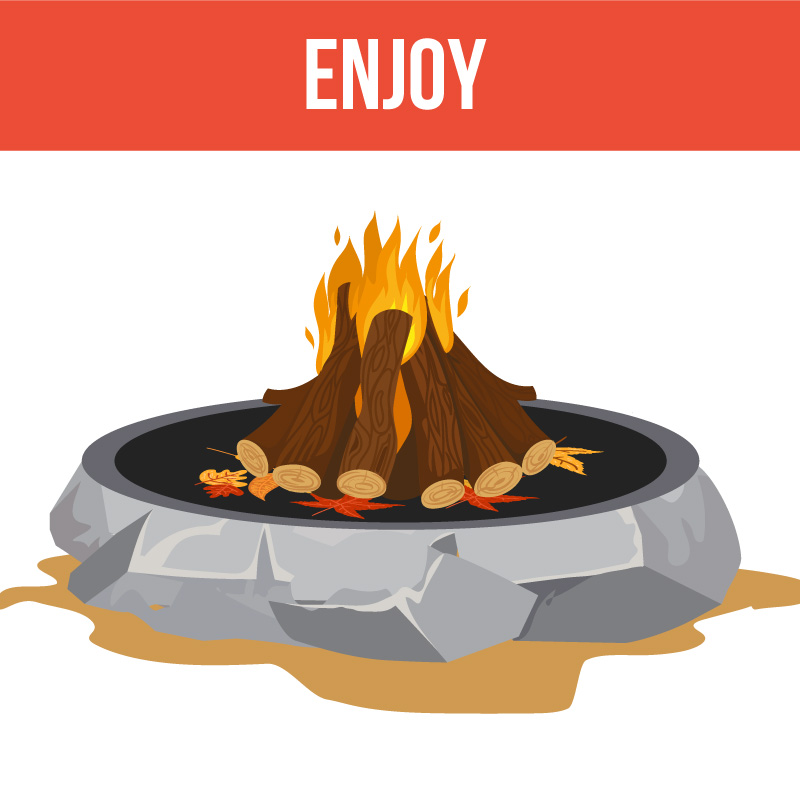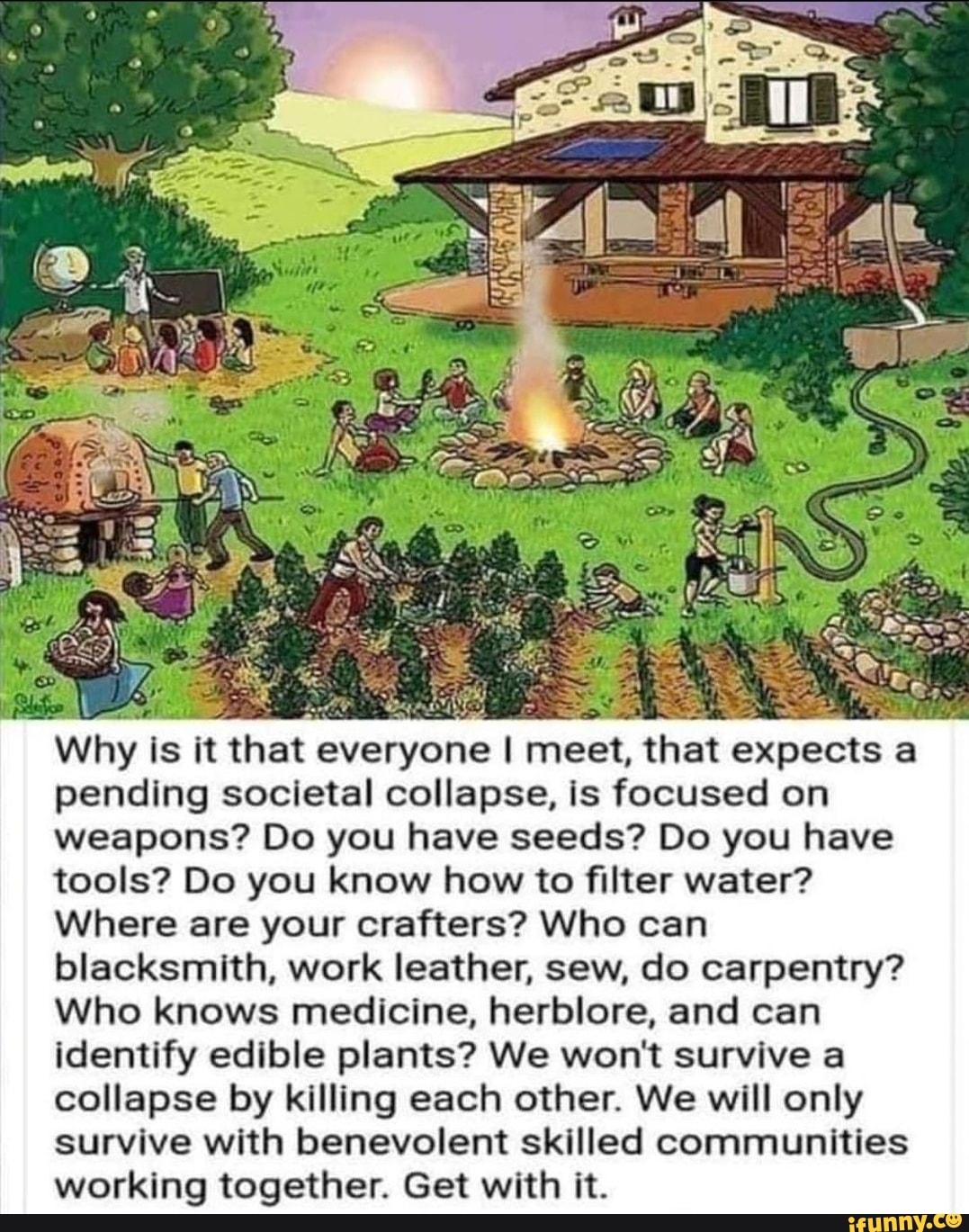
For homeowners, hurricane insurance can be a valuable tool to help protect their home and assets. This insurance covers the cost of hurricane damage, as well as hotel stay and meals at restaurants while your home is being rebuilt. This reconstruction can take several months or even years in many cases. If you are submitting a claim, you will need to pay a deductible.
Wind
If you live near a hurricane-prone area, it is important to have hurricane insurance. If you don’t have insurance, you may be required to pay an additional amount. These deductibles are subject to change by state but typically range from 1% up to 5%. You can choose to pay a lower percentage or a flat sum in some states.

Hail
The amount of insurance you receive for hail damage depends on your policy limits and the insurer's assessment. Insurance companies may require that you pay a deductible before they will pay for any damage. Most homeowner insurance policies will include a minimum deductible.
Backup for sewers
Sewer backup is not included in your home insurance policy. You need to ensure you have the right coverage. There are special policies offered by some insurance companies that can cover this type of catastrophe. You should find out if your home lies in high-risk areas before you sign up for a policy.
Additional living expenses
Additional living expenses coverage can be added to your homeowner's policy if you are displaced by a hurricane. This coverage pays for hotel and rent as well other living expenses.
Wind-driven waters
The policy may cover wind-driven waters. It is often listed in the policy's description of water perils. But policies often do not cover wind-driven rainfall. Insurers may not cover wind-driven rainfall because it is a different form of flood damage.

Storm surge
A storm surge is water that has been pushed up onto land by high winds during a hurricane. Storm surges combine with normal tides to cause flooding in coastal areas. Although storm surge coverage is not usually excluded from property insurance policies there have been many disputes about its inclusion.
FAQ
Why are survival skills essential?
It may not be possible to have food and water at all times, but being prepared can help you live longer.
You need to learn how to care for others and yourself. You won't be able to cope with crisis situations if you don't learn how to do it.
If you plan to go into the wilderness and need food and shelter, you should learn how to make fires and cook.
These are skills everyone needs to have. These skills will ensure you are safe and healthy when camping.
What is the best tool to survive?
A sharp knife can be your most valuable survival tool. It is not enough to just have any knife. It won't be of much use if you don't know how it works.
A knife without a blade can be dangerous. A dull blade can be dangerous.
Master craftsmen are skilled in making the best knives. They take great pride in their workmanship and ensure each knife is perfect.
They maintain their blades and sharpen them frequently.
Make sure the knife feels comfortable in your hands before you purchase it. It should feel good in your hand.
There shouldn't be any rough spots on your handle.
If you find these flaws, please ask the seller for a fix. Do not accept a knife that does not feel right in your hands.
How do I choose the best knife for my needs?
It can be difficult to find the right knife for your needs. There are so many companies that claim to have the best knives.
But which one is truly the best? How do they compare?
Consider first what tasks you are going to be performing with your knife.
Do you intend to cut wood, skin animals, chop vegetables, or slice bread?
Is your knife intended for hunting or fishing? Is your knife meant for camping cooking or kitchen cutting
Do you intend to use it for opening bottles and cans? Do you intend to open packages and boxes?
Does your knife need to be strong enough to withstand heavy loads?
Consider cleaning it after each use. Is it something you intend to do often?
Is it necessary to keep its edge over time?
What are the basics of survival camping?
Prepare yourself for all eventualities when you travel on an adventure. You must learn how to survive under extreme circumstances.
You need to be prepared for every type of weather. These precautions could lead to your death.
How long does it take to find help after becoming lost?
This depends upon several factors.
-
Wherever you are
-
What kind of terrain you're in
-
Whether you have cell phone reception
-
How many people have seen you?
-
No matter if you're hurt
-
How dehydrated you are
-
Whether you have been drinking water
-
How recently have you eaten?
-
It doesn't matter if you are wearing the right clothing
-
No matter whether you are carrying a compass, a map, or a compass
-
How familiar are your local surroundings?
-
How much time has passed since you became lost
-
How long did it take you to search for help?
-
How long does it take for people notice that you're missing?
-
How quickly they decide to search for you
-
How many rescuers attract you?
-
How many rescues has your family received?
What is your top survival tip?
Staying calm is the best way to survive. Panic will make you fail and you will die.
Why is knot-tying so important for survival?
People all over the globe use knots to attach items like ropes, fishing lines and ladders. You can also use them to tie bags closed, secure objects to trees and create shelters. You can save your life by knowing how to tie knots to trees or ropes, or to secure shelters.
Statistics
- Without one, your head and neck can radiate up to 40 percent of your body heat. (dec.ny.gov)
- Not only does it kill up to 99.9% of all waterborne bacteria and parasites, but it will filter up to 1,000 liters of water without the use of chemicals. (hiconsumption.com)
- so you can be 100 percent hands-free, and there's less chance you'll put your torch down and lose it. (nymag.com)
- In November of 1755, an earthquake with an estimated magnitude of 6.0 and a maximum intensity of VIII occurred about 50 miles northeast of Boston, Massachusetts. (usgs.gov)
External Links
How To
How to purify water in emergency situations
Purification of drinking water is one of the most important activities in times of natural disasters. The process of purifying drinking water includes filtering, disinfection, and storage. Clean water has been a lifesaver during emergency situations. It is also a faster way to recover from disasters.
Purified water should be stored in a well-ventilated area and away from direct sunlight. Purified water should be stored in a container that does not contain oxygen. Plastic bags and bottles are good alternatives if you don't have enough containers. Keep water at 4 degrees Celsius (40 F) or below. Avoid freezing water as ice crystals could form within the water.
These steps should be followed when purifying water
-
Boil water until it boils. Use a strainer or a sieve to filter out any impurities.
-
For every 2 gallons water, add 1 teaspoon of iodine. Mix well before adding the Iodine.
-
The water should be kept in an airtight container. Keep the water refrigerated for not more than three days.
-
Label the container with the date and type of water.
-
You must ensure that your water supply remains safe.